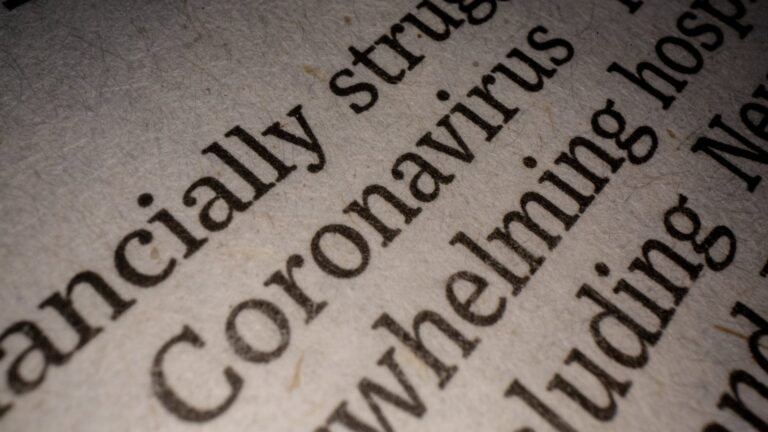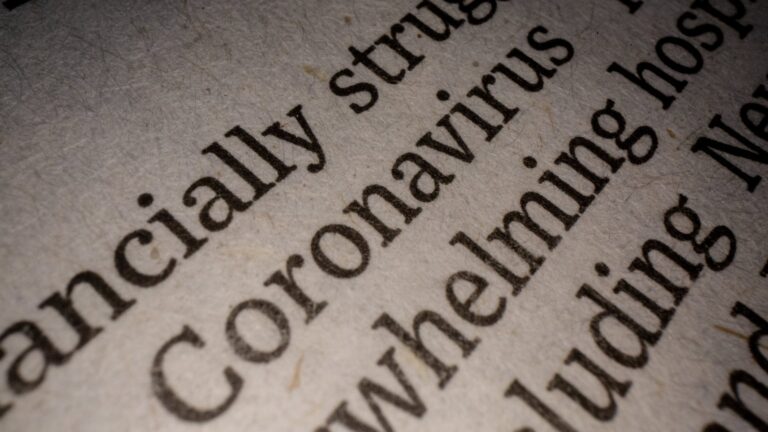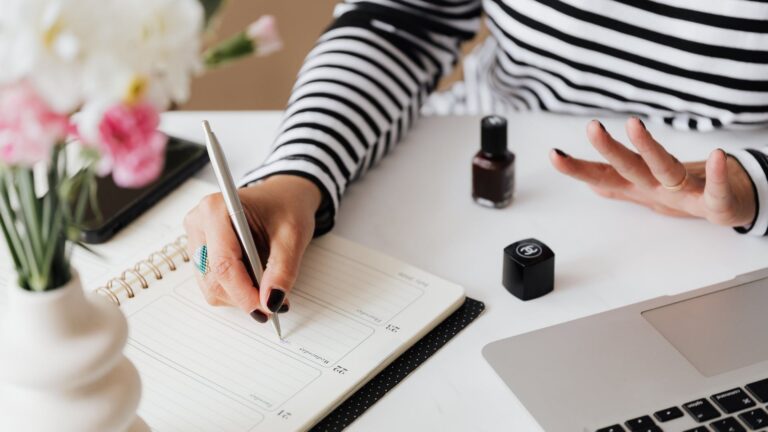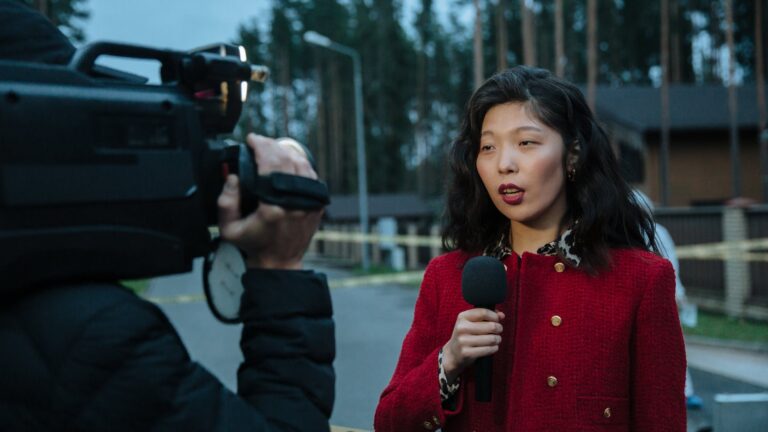How To Take Great Notes When Conducting An Interview
If you want to be a great journalist, you need to know how to take great notes when conducting an interview. It’s not as easy as it sounds. You have to be able to focus on the person you’re talking to, while also listening carefully and taking notes that will help you later on.
Here are a few tips to help you take great notes when conducting an interview:
1. Be prepared. Know what you want to ask ahead of time and have your questions ready. This will help you stay focused during the interview.
2. Take your time. Don’t try to rush through the interview. It’s important to give the person you’re talking to the time they need to answer your questions.
3. Listen carefully. Pay attention to what the person is saying and try to make sense of it. If you’re not sure what they mean, don’t be afraid to ask for clarification.
4. Write down key points. Make sure you write down the most important information from the interview. This will help you remember it later when you’re writing your story.
5. Review your notes. Once the interview is over, take a few minutes to review your notes. This will help you remember the details and make sure you didn’t miss anything important.
The Importance Of Taking Great Notes During An Interview
As a journalist, it is important to take great notes during an interview so that you can accurately represent what was said. This is especially important when interviewing a source for a story. In order to take great notes, you should:
1. Listen carefully to what the interviewee is saying.
2. Write down key points that the interviewee makes.
3. Ask clarifying questions if you do not understand something.
4. Take note of the interviewee’s body language and tone of voice.
5. Make sure to date and time stamp your notes.
6. Review your notes after the interview and make any necessary corrections.
By following these tips, you will be able to take great notes that will help you accurately represent what was said during an interview.
The Different Types Of Notes You Can Take During An Interview (Explain In Steps)
1. The first type of note you can take during an interview is a factual note. This type of note simply records the facts of what was said during the interview. This can be useful for later reference, particularly if there are any disputed points.
2. The second type of note you can take during an interview is a more interpretive note. This type of note seeks to understand the meaning of what was said, and how it fits into the bigger picture. This can be useful for later analysis and writing.
3. The third type of note you can take during an interview is a question note. This type of note records a question that you want to ask the interviewee, either in the moment or later. This can be useful for clarifying points or getting more information on a particular topic.
4. The fourth type of note you can take during an interview is a follow-up note. This type of note records something that you want to follow up on after the interview, either with the interviewee or with additional research. This can be useful for ensuring that you don’t forget to follow up on important points.
The best way to take notes during an interview
The best way to take notes during an interview is to use a recorder.
This way, you can focus on the questions you want to ask and the answers you’re getting, without having to worry about writing everything down. Plus, you can go back and listen to the interview later to make sure you got everything.
If you don’t have a recorder, though, don’t worry. You can still take great notes by writing down the main points of what the person you’re interviewing is saying.
Focus on their key points and quotes, and make sure to date and time stamp your notes so you can remember when each thing was said.
If you’re doing a written interview (like over email), then you can just copy and paste the person’s answers into a document and add your own notes next to them.
No matter how you’re taking notes, the important thing is to focus on the content of what’s being said, not just the words. So pay attention to the emotions and tone of the conversation, as well as the facts and figures.
And if you’re ever unsure about something, don’t hesitate to ask the person to clarify. That way, you can be sure you’re getting the most accurate information possible.
Final Thoughts
Taking great notes during an interview is an essential skill for any journalist. By following the tips and advice outlined in this article, you can be sure to take great notes that will help you produce a well-rounded and accurate article.





